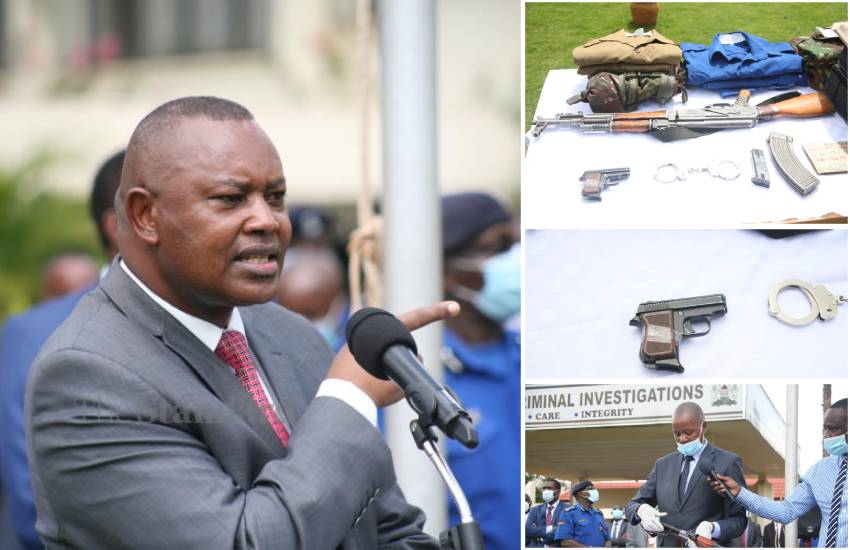×
The Standard e-Paper
Fearless, Trusted News

George Kinoti doesn’t need a gun to shoot himself in the foot. His tongue does an impeccable job. Whenever he is rambling, the organ wags intermittently, sticking out like that of a heavy-tongued serpent.
His isn’t the straight-shooting flick made by the crawling reptile banished from Eden many centuries ago. But that’s as far as the differences between the two go.